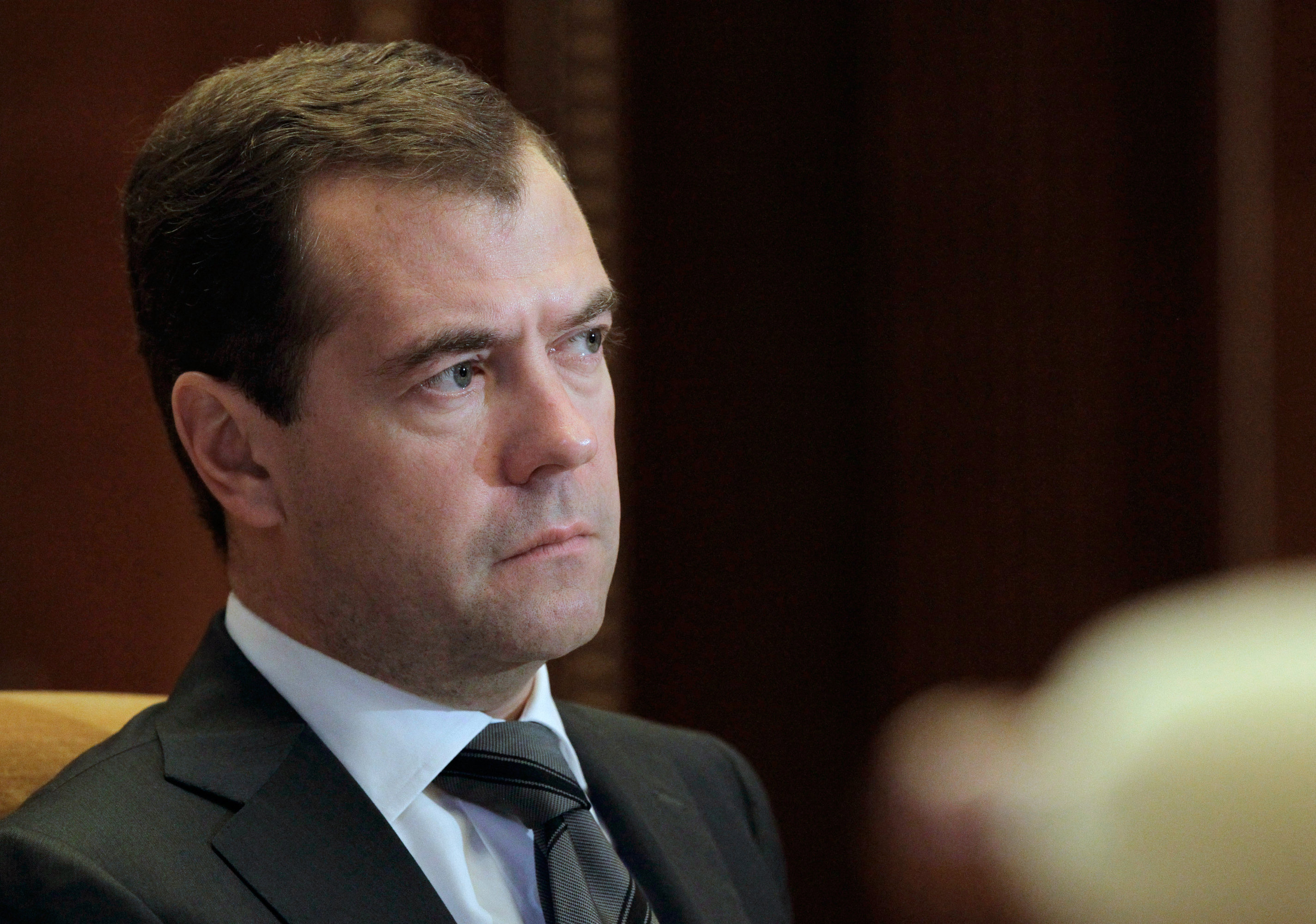MOSCOW, April 3 - RAPSI. Legislation does not limit the president's right to grant a pardon to any given prisoner even if he did not apply for one, attorney Vadim Klyuvgant said on Tuesday.
Klyuvgant represents former YUKOS head Mikhail Khodorkovsky.
Klyuvgant made the comment while discussing Human Rights Council head Mikhail Fedotov's statement that President Dmitry Medvedev dismissed an expert resolution that said the president can grant a pardon to a prisoner without having received an application from him.
The president has stated that he does not understand why he should grant a pardon to a person who did not request one, Fedotov said.
"If a president makes a decision himself as to whether he can show mercy to any given category of individuals or not, then this is his personal opinion and he is limiting his constitutional powers," Klyuvgant said.
He noted that the president is obliged to personally examine and make decisions on all pardon applications.
In turn, Konstantin Rivkin, who represents former Menatep head Platon Ledbedev, told the Russian Legal Information Agency that previously nothing prevented presidents from granting pardons to convicts.
Rivkin reminded that the defense of both Khodorkovsky and Lebedev no longer counts on the decision of the European Court of Human Rights, which, according to him, will make decision on the sentence of the Moscow Meshchansky District Court in the first case regarding former Yukos head.
President Medvedev ordered the Prosecutor General's Office in March to examine the lawfulness of indictments against 32 people, including Mikhail Khodorkovsky and his partner, former Menatep head Platon Lebedev.



